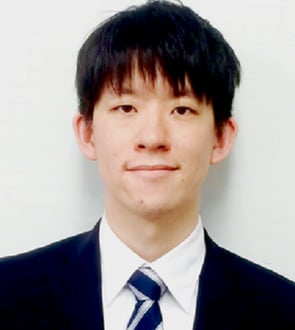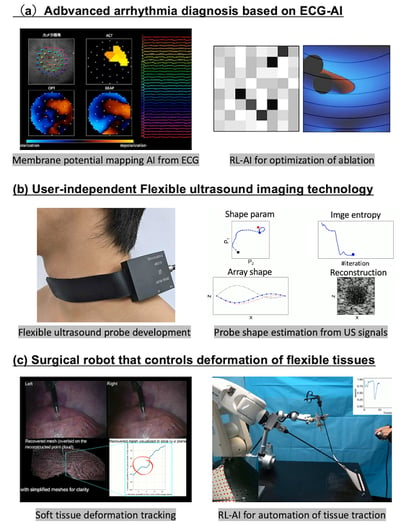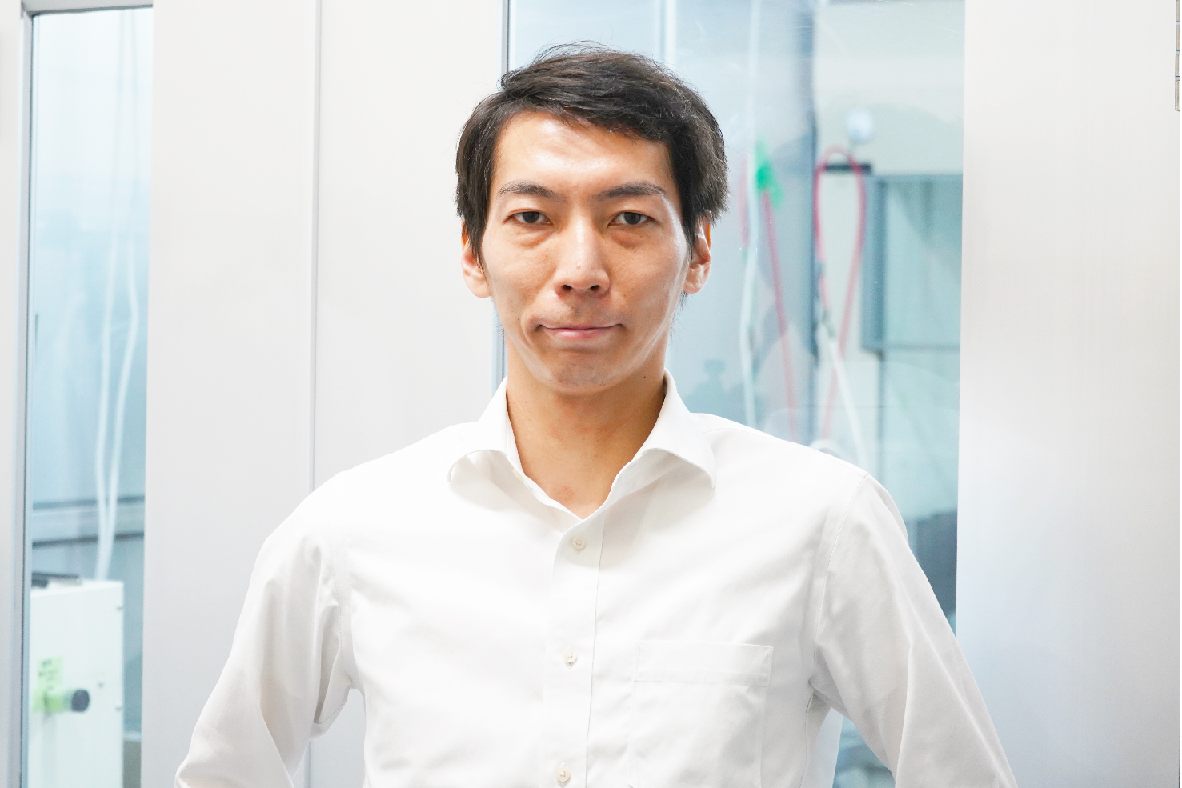Share this
Young Faculty / 072
Assistant Professor Naoki Tomii, BMPE lab, Department of Precision Engineering

< Biography >
March 2010, Master in Precision Engineering, The University of Tokyo
April 2010, Omron Corporation
March 2017, PhD in Engineering, The University of Tokyo
April 2017, Assistant Professor, Center for Disease Biology and Integrative Medicine, The University of Tokyo
August 2020, Assistant Professor, Department of Precision Engineering, The University of Tokyo
< About the research >
Research Theme: Biometric Measurement and Control Technologies for Advanced Medical Assistance Realized through Mathematical Optimization
With the aging of the population in Japan and other countries, there is a growing shortage of medical workforce, and there is a need to realize medical support technologies that can improve the efficiency and reduce the burden of physicians' diagnosis and treatment. In recent years, various attempts have been made, including surgical robots based on mechatronics, telemedicine using ICT technology, portable medical equipment for home care, and automatic diagnosis of CT/MRI images using artificial intelligence (AI).
On the other hand, a key issue in realizing even more advanced medical support is how to incorporate the advanced cognitive abilities of skilled physicians into medical assistive technologies.
For example, in reading an electrocardiogram, an expert physician makes a diagnosis by estimating the excitation phenomena in the heart from a limited number of electrode waveforms. This estimation problem is an inverse problem in engineering terms, but because of the limited number of electrodes and the countless intervening parameters that are difficult to measure, it is classified as an "ill-posed problem" for which a solution cannot be uniquely determined. Expert physicians make use of medical knowledge of cardiac anatomy and electrophysiology to make a diagnosis in this situation, but such a diagnosis based on advanced recognition cannot be achieved by conventional AI learning, which simply trains the disease name as the correct label.
As in this example, because of the limitations of invasiveness of living organisms, physicians use advanced cognitive abilities based on medical knowledge to learn about the condition of living organisms from a limited number of measured signals to diagnose and treat them. I have conducted the following research to date, aiming to realize advanced diagnosis and treatment support by applying various mathematical optimizations, including machine learning, to the analysis of biological signals.
(a) Advanced diagnosis of arrhythmia based on ECG-AI
(b) User-independent flexible ultrasound imaging technology
(c) Surgical support robots that control deformation of flexible tissues

< Future Aspirations >
By combining mathematical models of living organisms, such as anatomical and physiological models, with mathematical optimization methods, I will contribute to the development of medicine by realizing biomedical measurement and control technology that has the same or better cognitive ability as a skilled physician and enables effective knowledge of the inside of the organism.
< URL >
Naoki Tomii : https://sites.google.com/g.ecc.u-tokyo.ac.jp/tomii
BMPE LAb. : http://www.bmpe.t.u-tokyo.ac.jp/
These Related Stories

